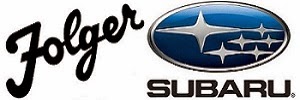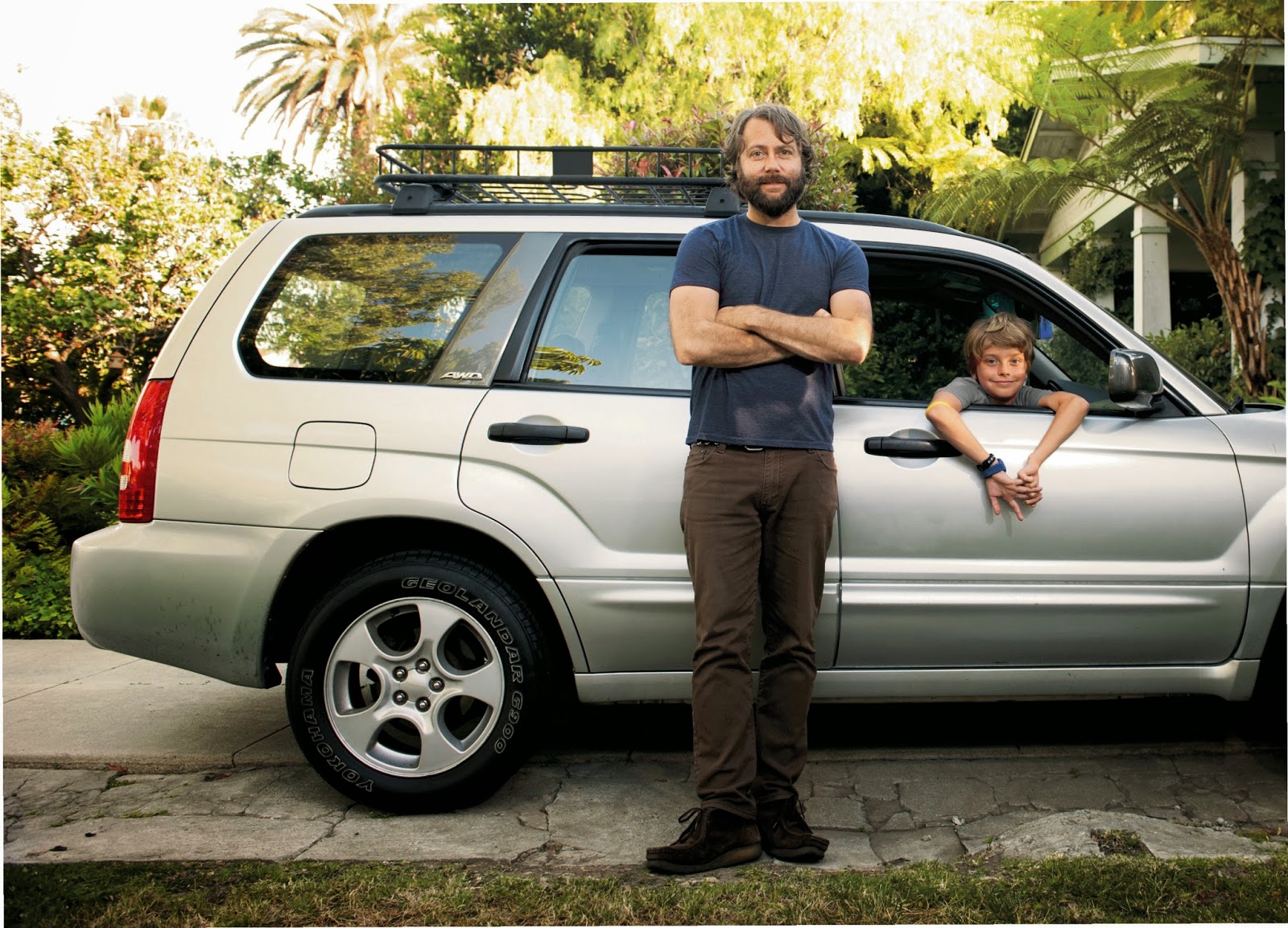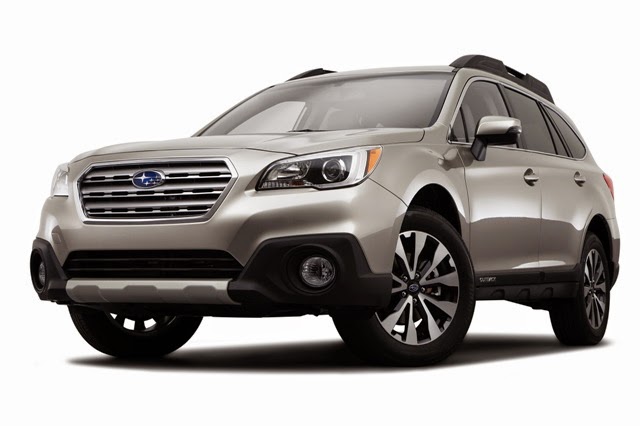 There’s a lot of negative talk about extended vehicle warranties—partly due to the fact that there are a number of warranty scams. However, an extended auto warranty often works in your favor. A common cliché you may hear: someone will complain that they paid $1,500 for an extended warranty and only filed claims for $800 and complain that they did not get the value for their money. But warranty is just like an insurance policy in that you hope to never need it.
There’s a lot of negative talk about extended vehicle warranties—partly due to the fact that there are a number of warranty scams. However, an extended auto warranty often works in your favor. A common cliché you may hear: someone will complain that they paid $1,500 for an extended warranty and only filed claims for $800 and complain that they did not get the value for their money. But warranty is just like an insurance policy in that you hope to never need it.It’s important to understand how warranties work, what coverage they extend, and how to evaluate the merits of a particular warranty. There is no universal black-and-white answer; you have to make a decision based on your individual situation.
Here are a few guidelines to follow when considering an extended warranty.
Avoid warranty scams—buy from a reputable dealership.
Be suspicious of mail, phone or email solicitations. For example, you may receive a letter in the mail that says “Your vehicle’s warranty is about to expire.” Many of these solicitations are outright scams. Many others represent fly-by-night companies that will be out of business in six months. There is a very high risk of handing over your hard-earned money only to find that no one answers the phone when it comes time to cash in on the coverage you’ve paid for. Not all third-party solicitors are scammers, but if you get a letter or phone call from an unknown company trying to sell you a warranty, you won’t really know if they’re legitimate or not until it’s too late. If you fall for a warranty scam, getting your money back is difficult at best and often impossible.A local dealer with whom you have a long-standing relationship is a much safer place to buy your warranty, especially if you plan to have your vehicle serviced there. Anonymous solicitors can simply disappear off the map and leave you with no way to track them down. Dealers rely on face-to-face relationships and a good standing in the community to stay in business! Despite the stereotype of the “used car salesman,” the reality is that most car dealerships are run by honest people
Know the limits of your coverage.
Customers sometimes become upset when they discover that their warranties don’t cover everything they thought was covered. For example, warranties are sometimes sold as “bumper to bumper coverage” but do not actually cover everything. Warranties come in all shapes and sizes—more basic “power train” warranties often cover only a car’s major systems, whereas higher tiered warranties will cover a more comprehensive list of systems and potential defects. Many warranty plans include oil changes, roadside assistance and/or scheduled preventative maintenance. This can keep your auto maintenance expenses predictable by bundling the total costs into your car payment.Here are some items that are generally not covered by warranties:
- Anything resulting from owner neglect or willful damage (e.g. ignoring a low oil pressure light)
- Damage resulting from an accident, weather or vandalism (your insurance policy should cover this)
- Scratches or dents from shopping carts or parking lots
- Torn or scratched upholstery or any damage to the interior
Redundancy and Transferability
When buying a new car, your manufacturer’s warranty will usually provide the coverage you need for the first few years. The original manufacturer’s warranty on most vehicles is transferable from owner to owner, which is why it’s often advantageous to buy a pre-owned car that’s only one or two years old. Extended warranties tend to be non-transferable from owner to owner. If you buy a new or certified pre-owned car from Folger Subaru, you get lifetime coverage for new cars and limited power train coverage for pre-owned cars.No matter how reliable a car you buy, there is always a degree of risk. No manufacturer can give a 100% guarantee that nothing serious will go wrong with a car. An extended warranty alleviates the risk of a surprise auto repair bill due to an unexpected mechanical problem.
If you’re in the market for a new vehicle, we’d love to have you stop in to test drive a new or pre-owned Subaru today!

5701 E. Independence Blvd Charlotte, NC 28212
Sales: (888) 703-8351
Service:(866) 306-3293
Fax: (704) 535-8204







